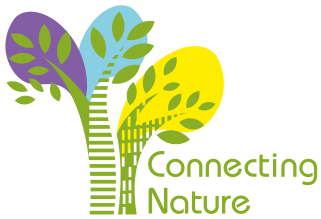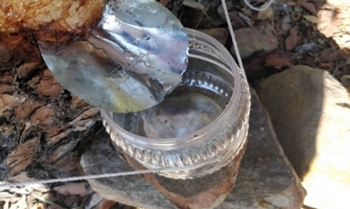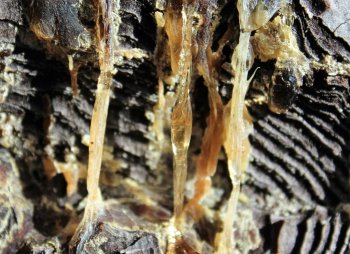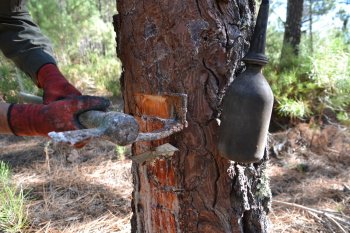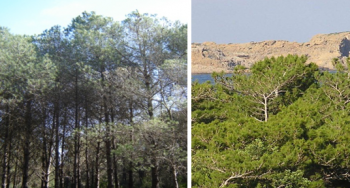STRADIVERNIS: study of an organic source varnish based on colophane of maritime pine and linen oil
Submitted by Gabriel Ducos on 24 April 2020The aim of the project is to develop an industrially producible bio-sourced varnish based on gum rosin and linseed oil, inspired by the ancient know-how of the violin maker Antonio Stradivari (1644-1737). The difficulty is to meet the specifications of an industrial manufacture while achieving high performance of the varnish.
